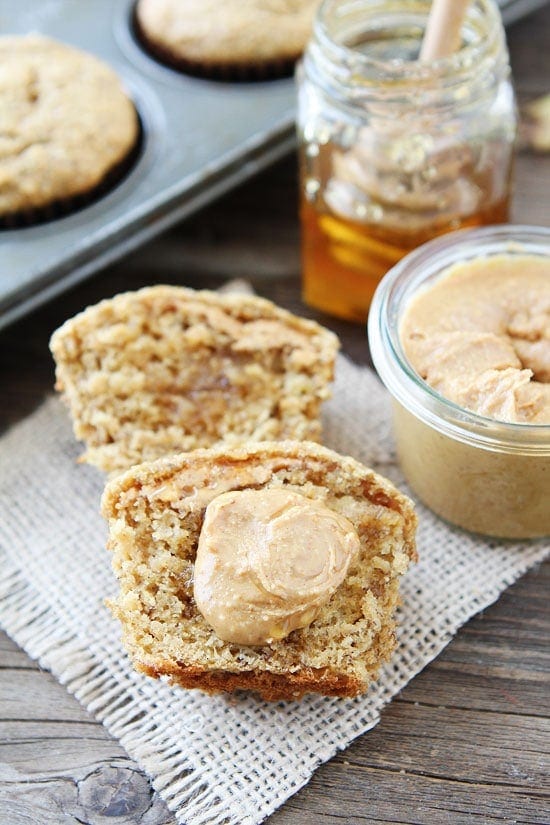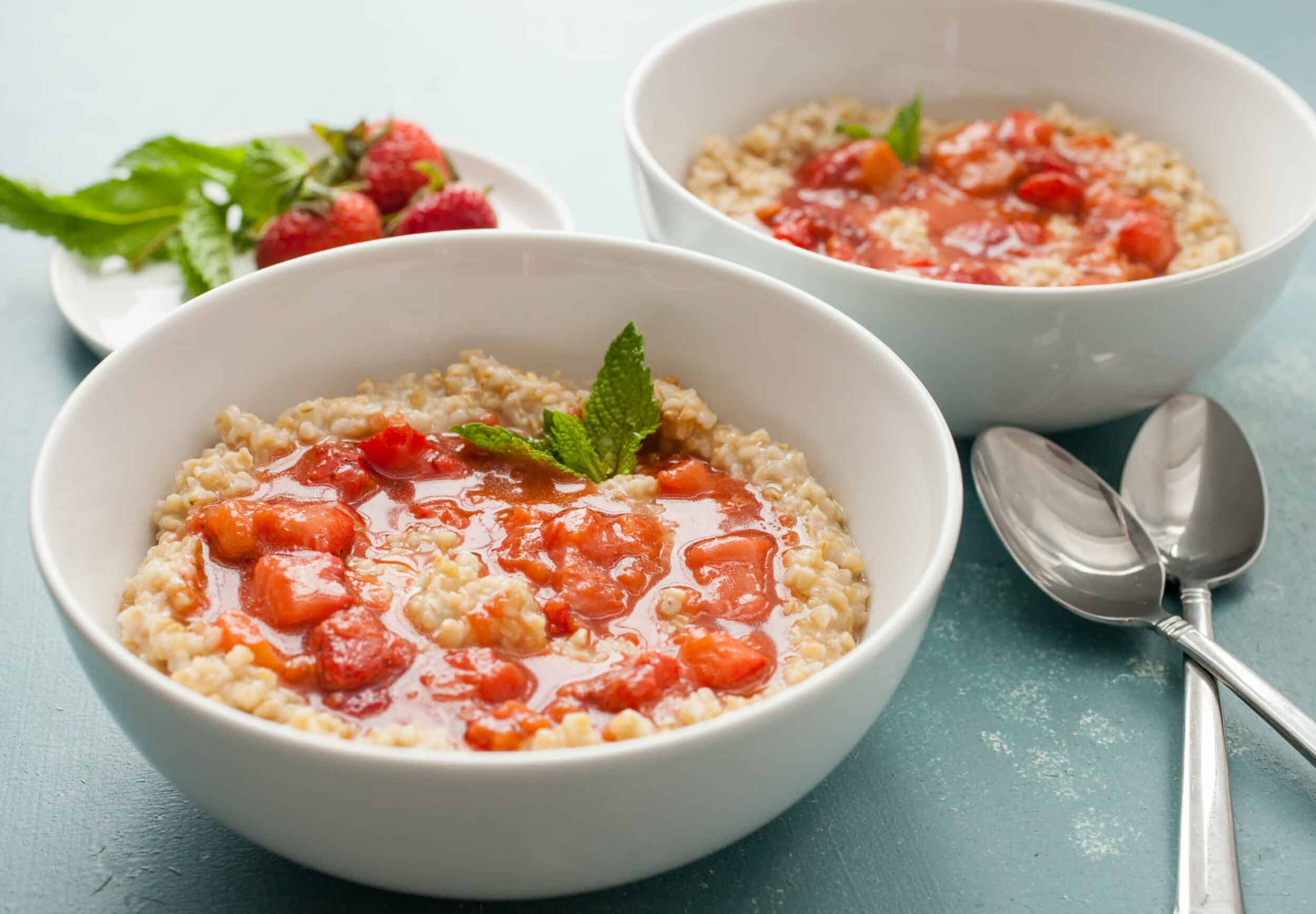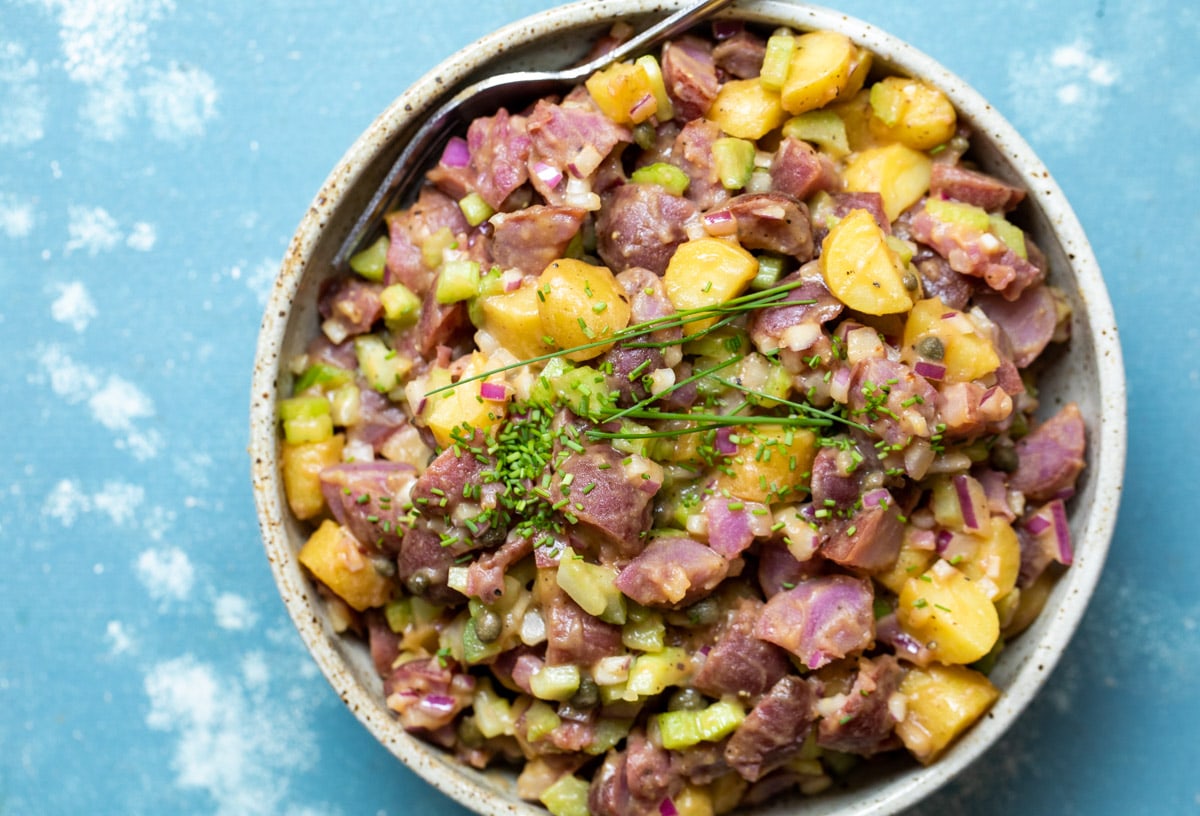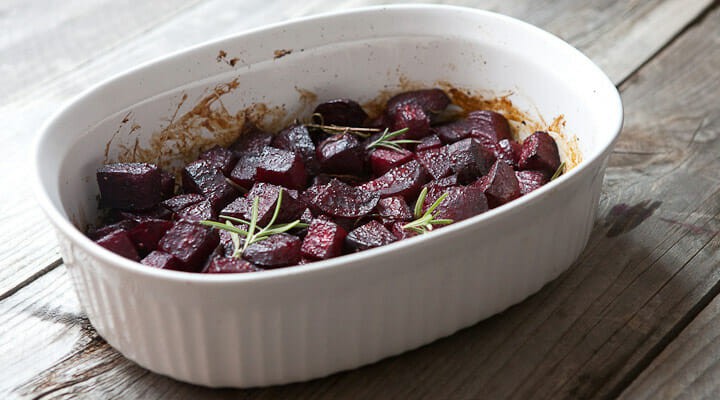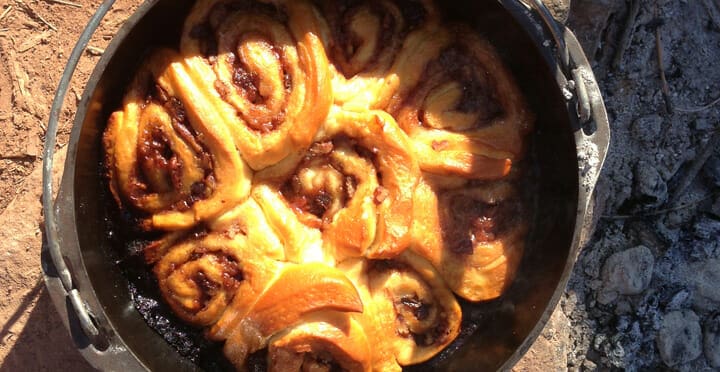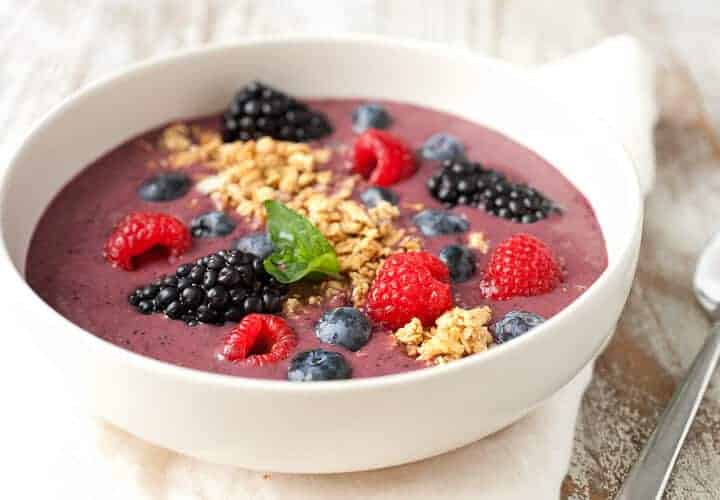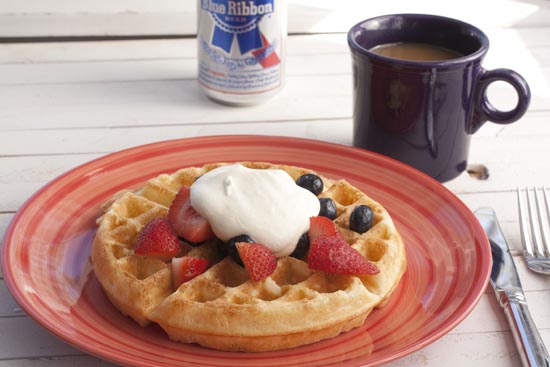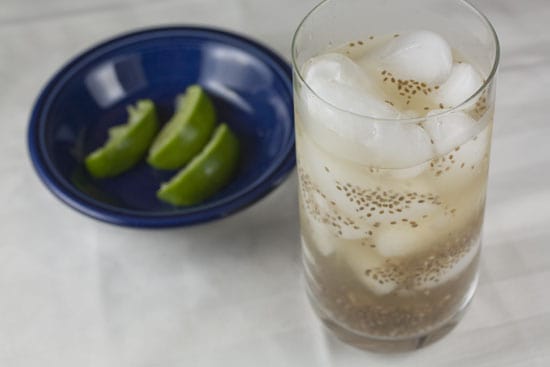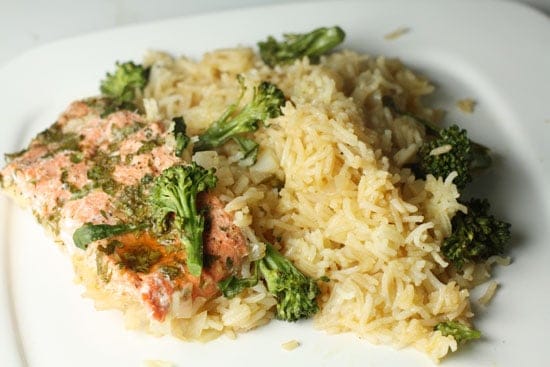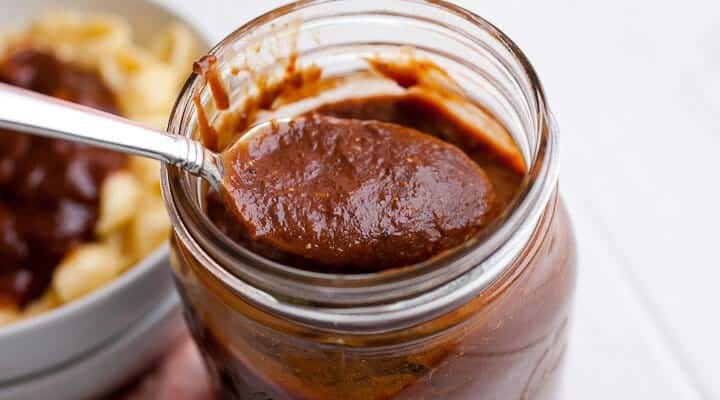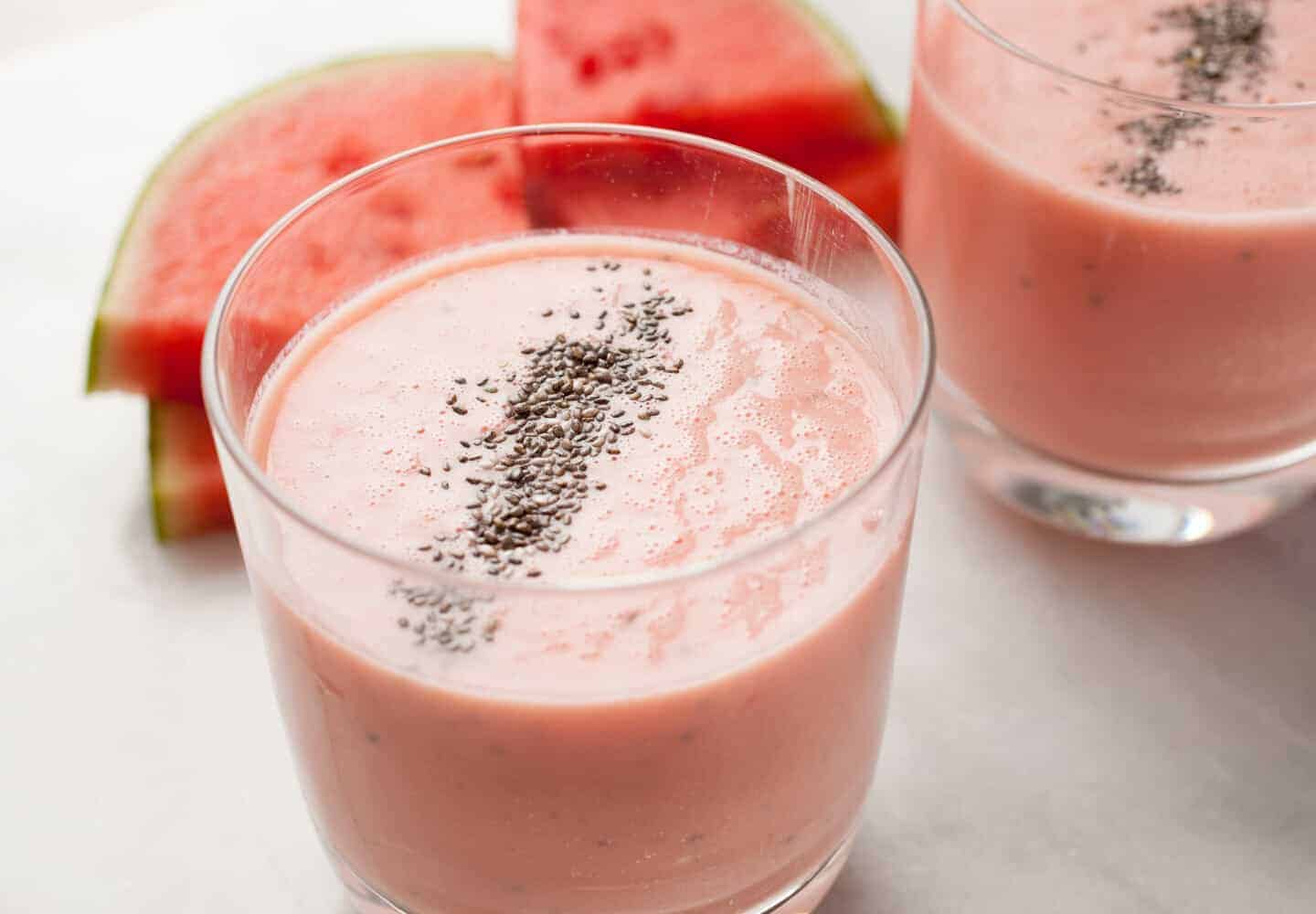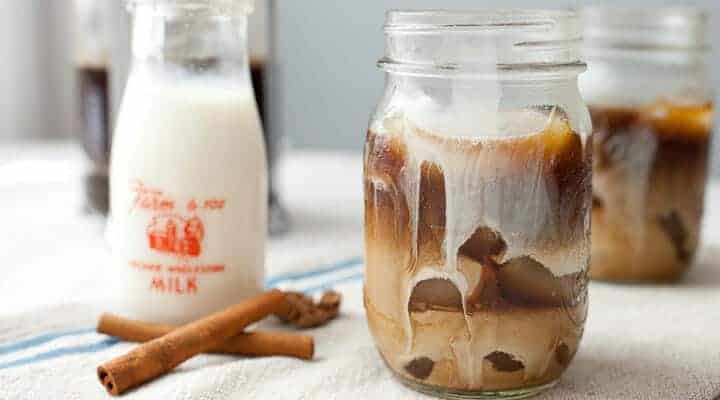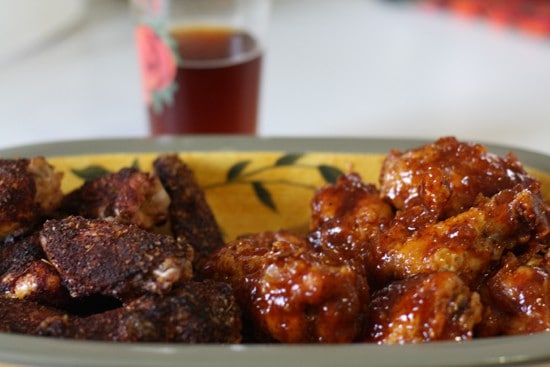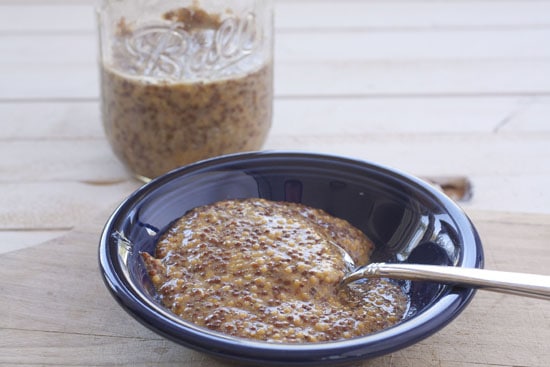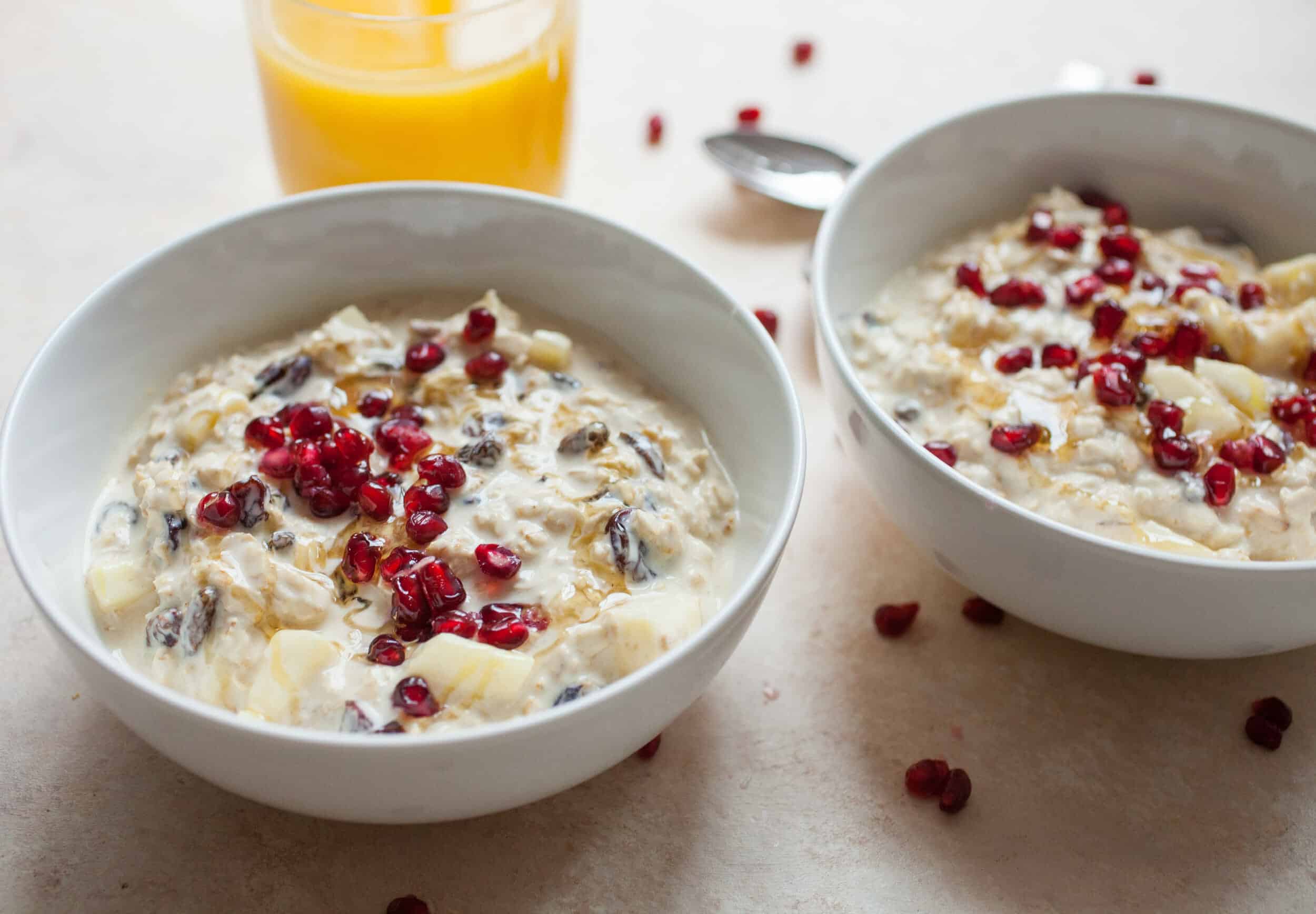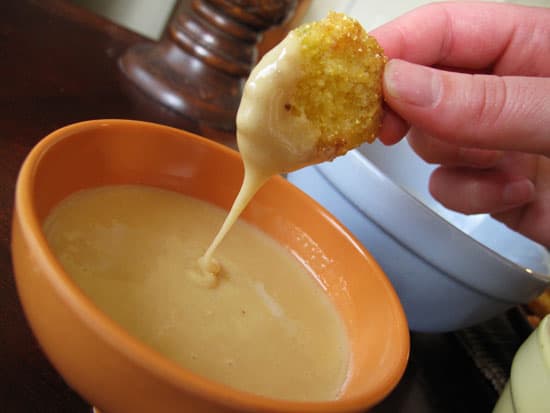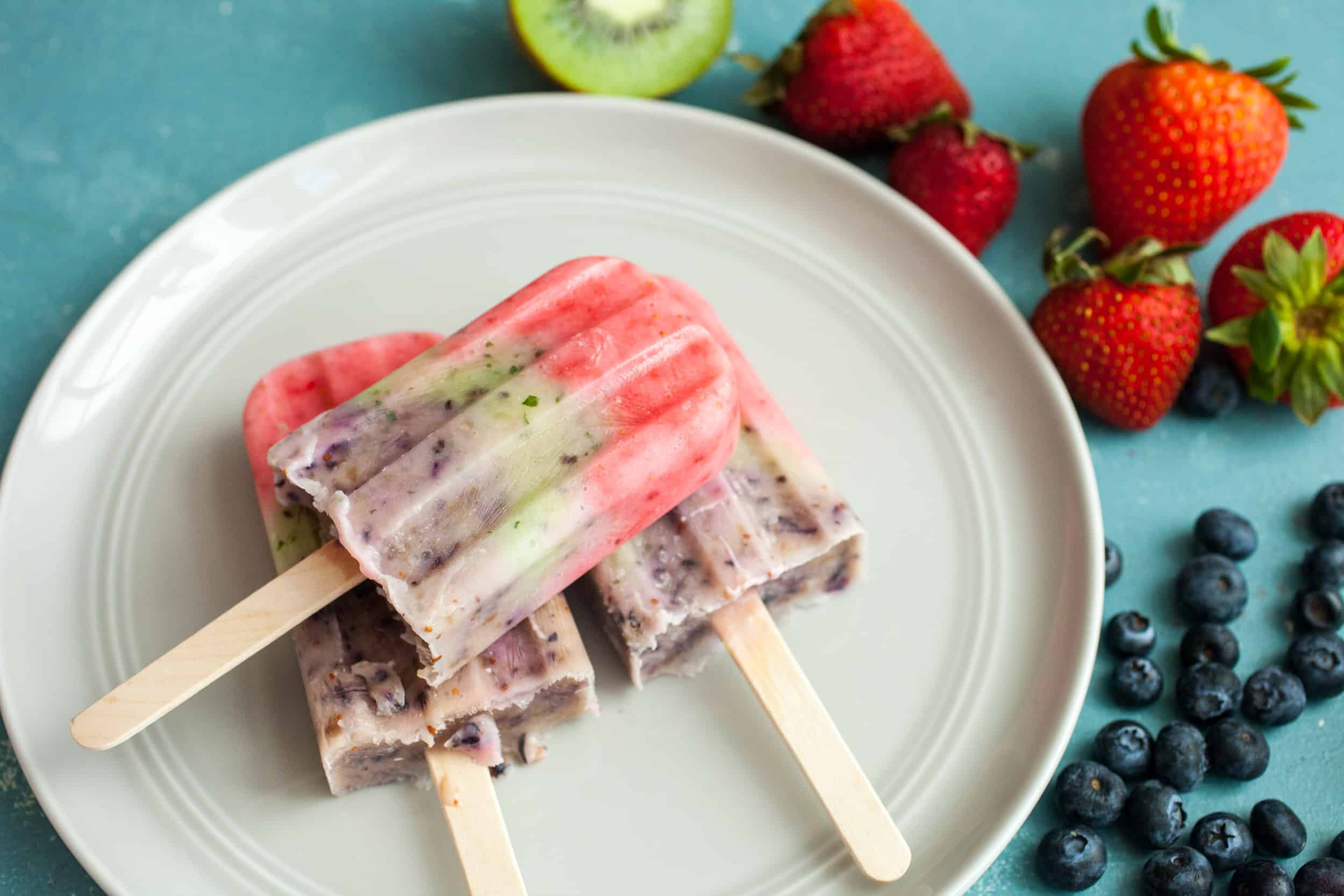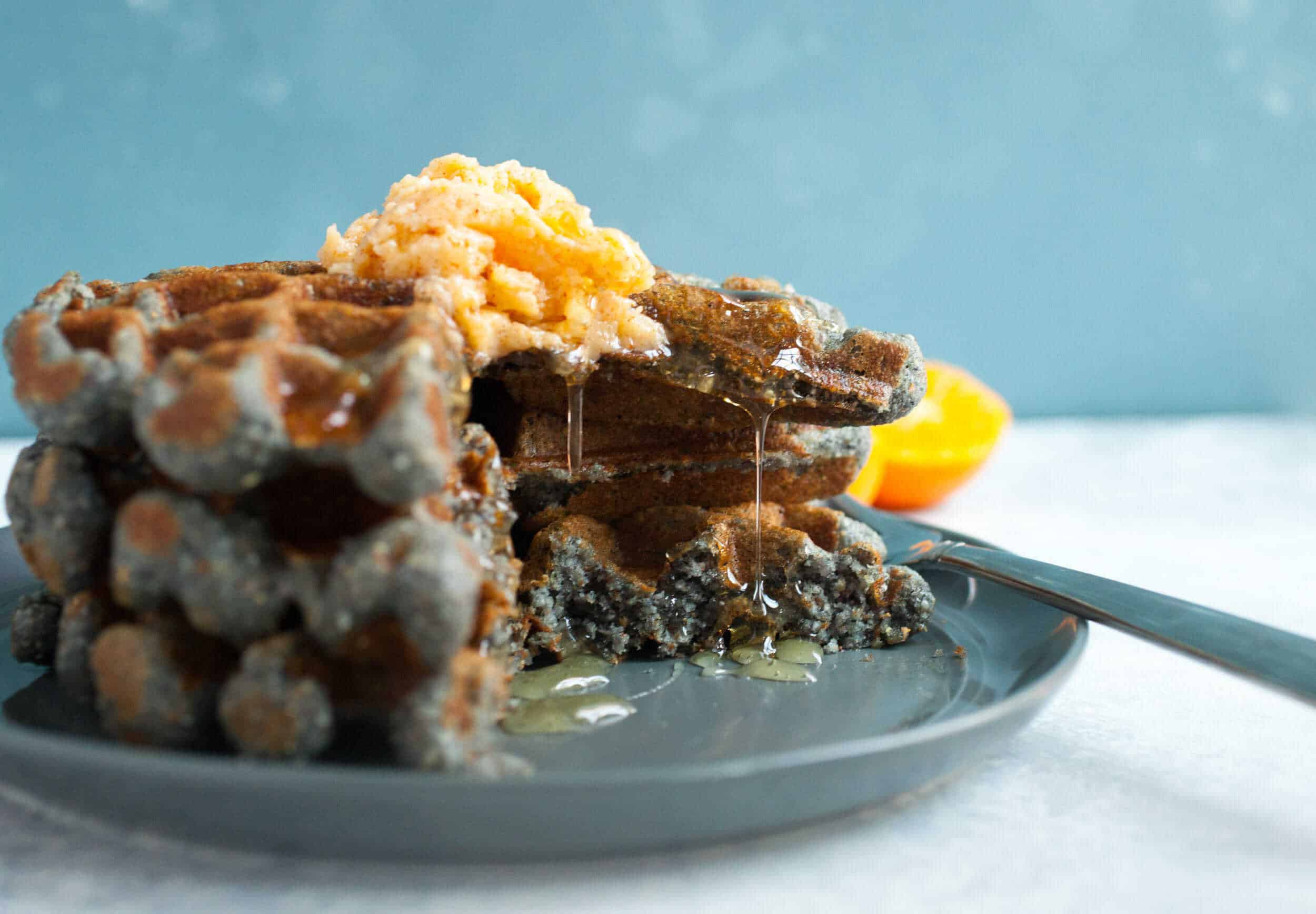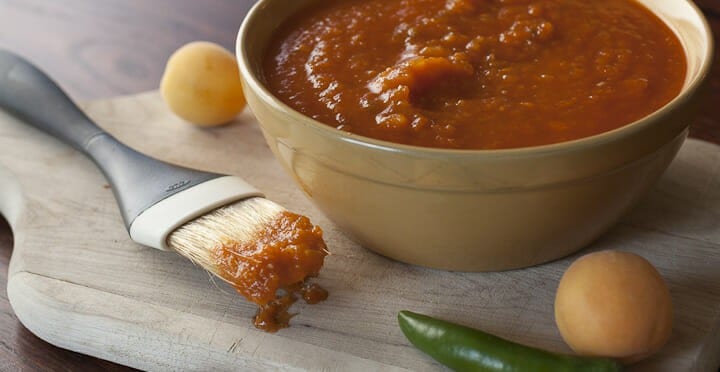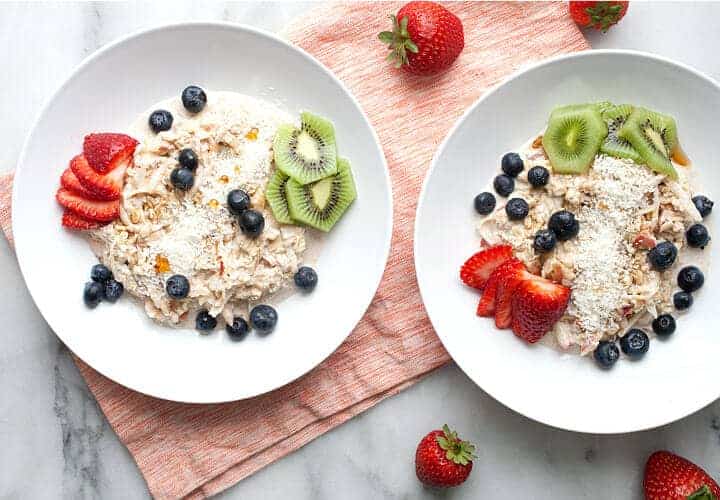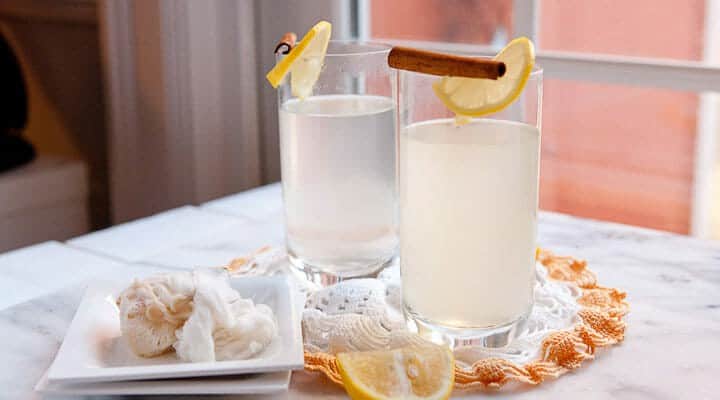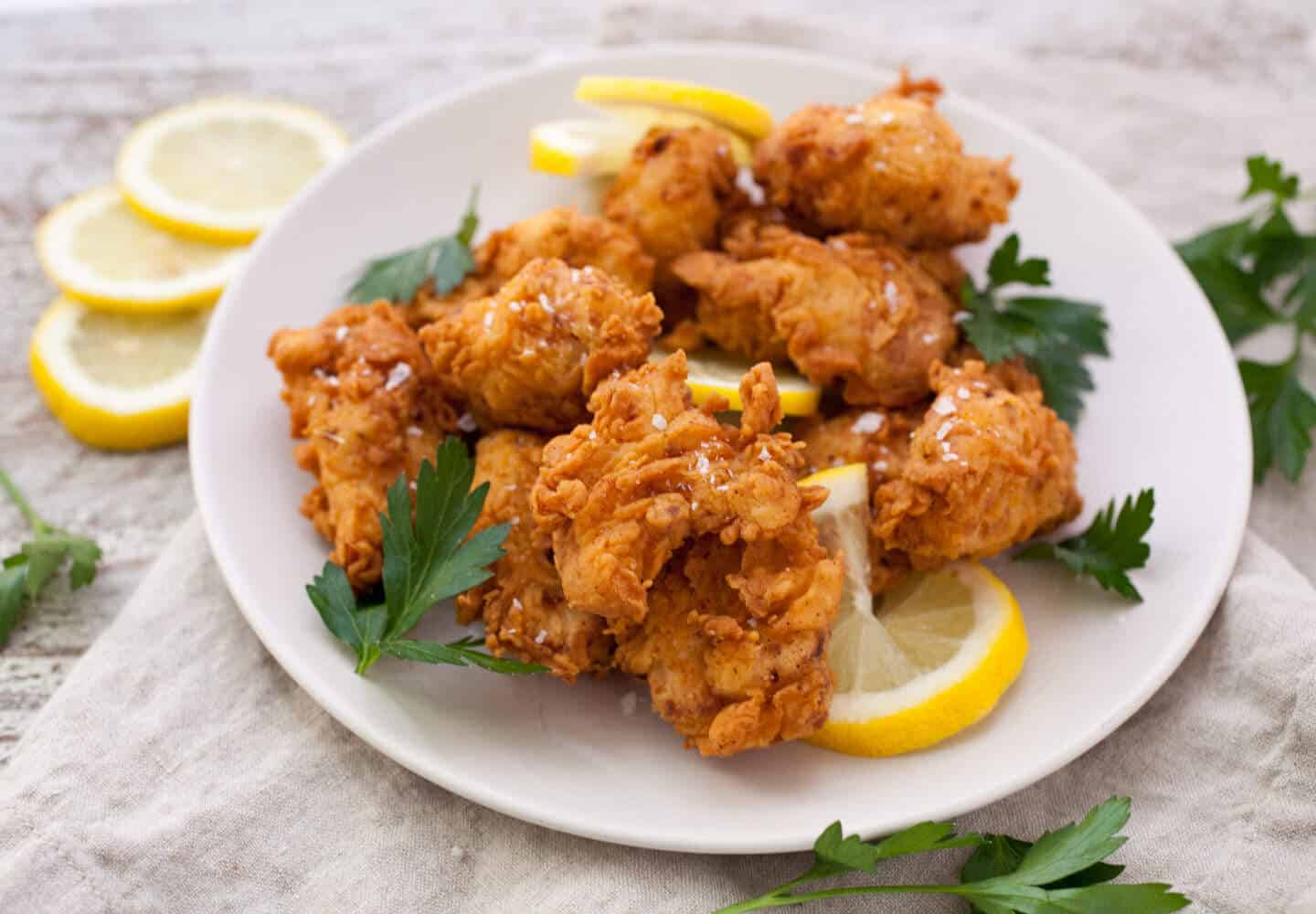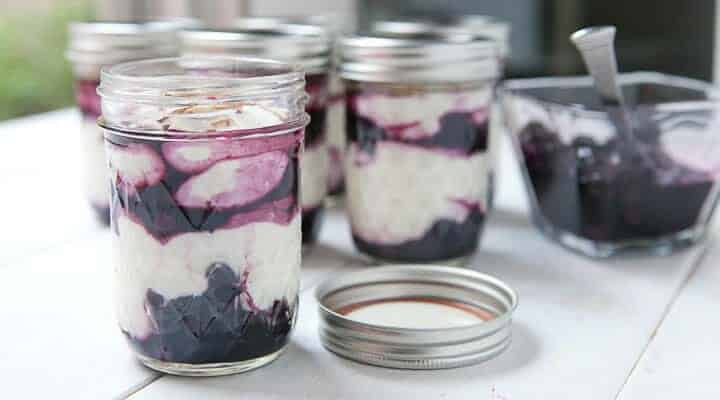Honey: Important Facts, Health Benefits, and Recipes
Honey is a natural sweetener made by bees, prized not only for its delicious taste and versatility in cooking but also for its potential health benefits.
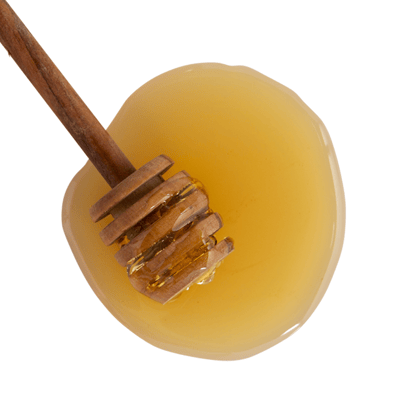
Nutrition information is for 1 tablespoon honey.
Best Honey Recipes
-
:max_bytes(150000):strip_icc()/__opt__aboutcom__coeus__resources__content_migration__serious_eats__sweets.seriouseats.com__images__2014__01__20120131-190413-bread-baking-honey-biscuits-thumb-518xauto-215240-20e7b614e58e4cbfbc1e698995a5d704.jpg)
-
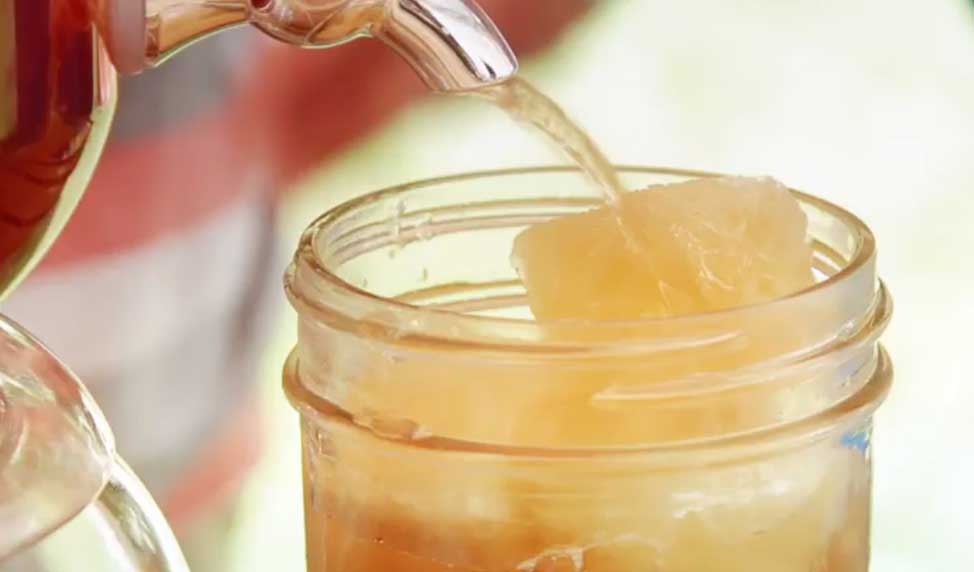
-
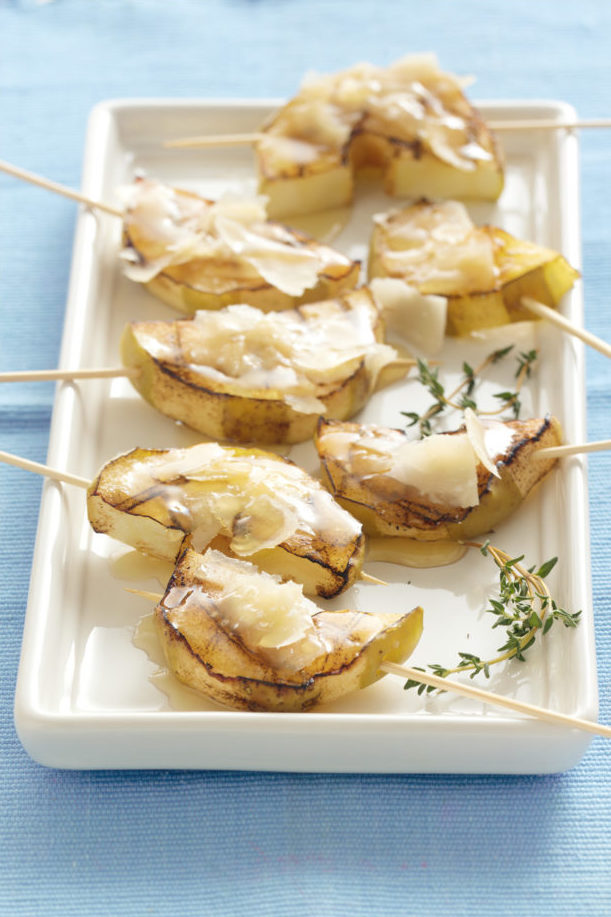
-

-
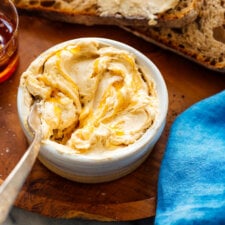
-
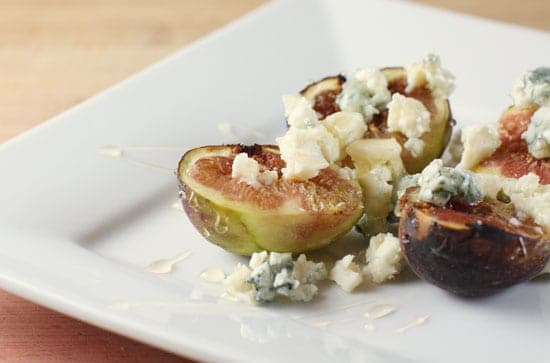
-
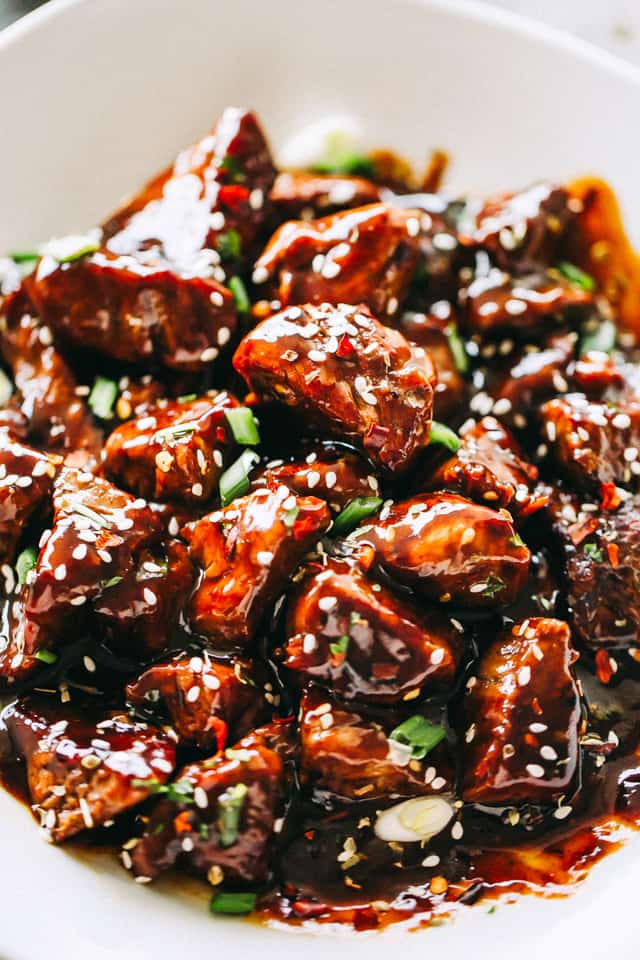
-

-
![Asian Crispy Honey Chicken Image]()
-
![Honey Glazed Crispy Pork Belly Image]()
-
![Greek Honey Pie or Melopita Recipe Image]()
-
![Lamb Tagine with Dates and Apricots Image]()
-
![Lavender Honey Pie Image]()
-
![Raw Honey Date Sesame Balls Recipe Image]()
-
![Peanut Butter, Banana, and Honey Muffins Image]()
-
![Cardamom Cinnamon and Honey Moon Milk Image]()
-
![Strawberry Rhubarb Oatmeal Bowls Image]()
-
![Lychee Martini Image]()
-
![Honey Mustard Potato Salad Image]()
-
![Rosemary Roasted Beets Image]()
-
![Soba Noodles with Peanut Sauce Image]()
-
![Cheater Weeknight Ramen Image]()
-
![Campfire Cinnamon Rolls Image]()
-
![Basic Coconut Acai Breakfast Bowl Image]()
-
![Fresh Fig Salad Image]()
-
![PBR Waffles Image]()
-
![Iskiate Image]()
-
![Salmon and Rice Dinner Image]()
-
![Five Spice Roasted Chicken Image]()
-
![Grilled Chicken Wings Image]()
-
![Ancho Fig BBQ Sauce Image]()
-
![Mango Habanero Simmer Sauce Image]()
-
![Creamy Watermelon Honey Smoothie Image]()
-
![Iced Spiced Coffee Image]()
-
![Three Chicken Wing Variations Image]()
-
![Whole Grain Mustard Image]()
-
![Jameson French Toast Image]()
-
![Homemade Muesli with Fruit and Honey Image]()
-
![Korean Steak Sandwiches Image]()
-
![Four Homemade Mustards Image]()
-
![Fruit and Yogurt Breakfast Popsicles Image]()
-
![Blue Corn Honey Waffles Image]()
-
![Apricot BBQ Sauce Image]()
-
![Overnight Coconut Muesli Image]()
-
![The Flu Fix Tea Image]()
-
![Ad Hoc Chicken Nuggets Image]()
-
![Fruit on the Bottom (and Middle) Yogurt Jars Image]()
-
![Hoisin Chicken Thighs Image]()



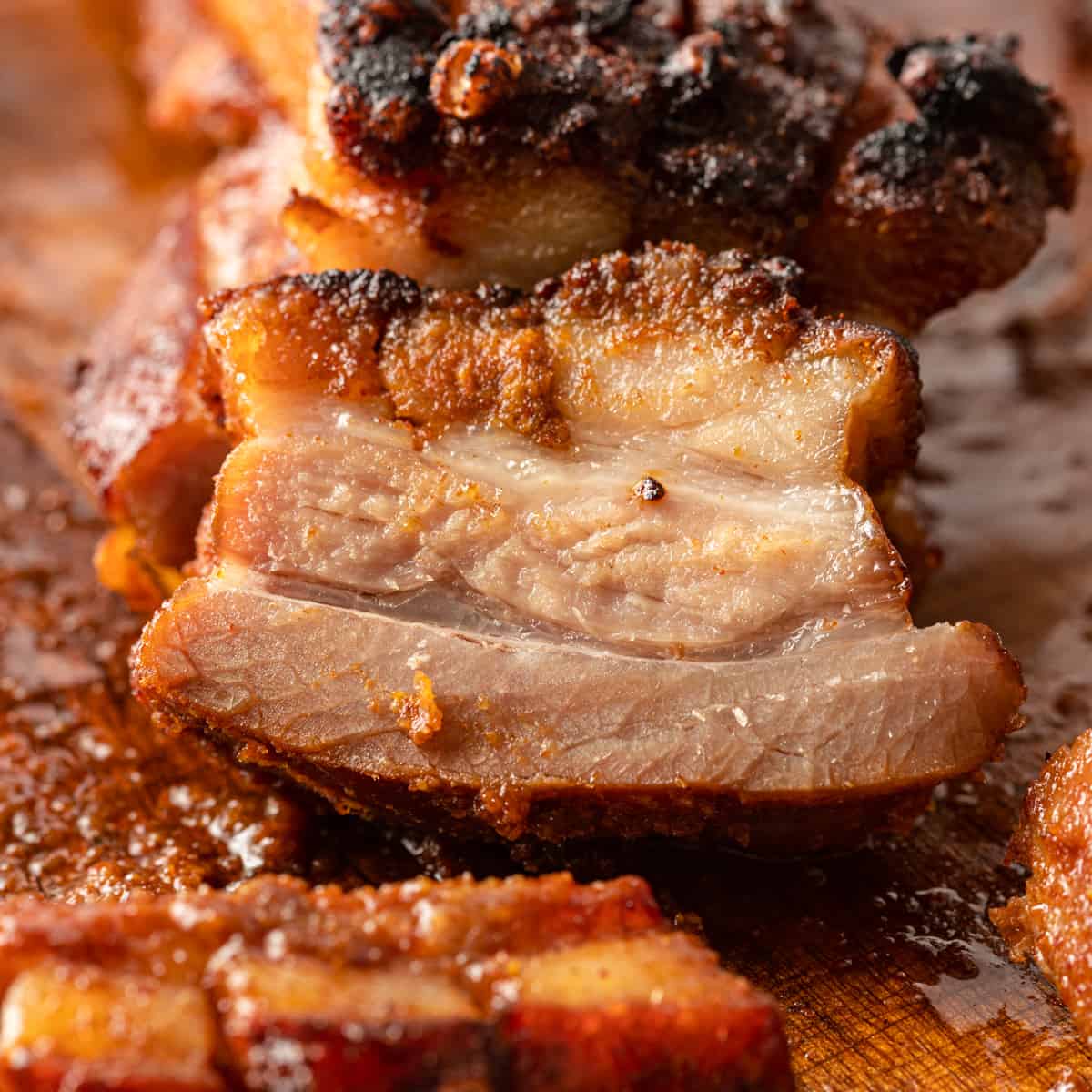
:max_bytes(150000):strip_icc()/melopita-56a45b785f9b58b7d0d69191.jpg)


:max_bytes(150000):strip_icc()/Serious_Eats_Social_Default-72cf0bc11b434461b62c6ffc85b4298f.jpg)
